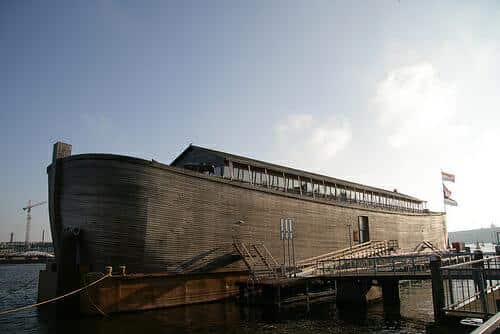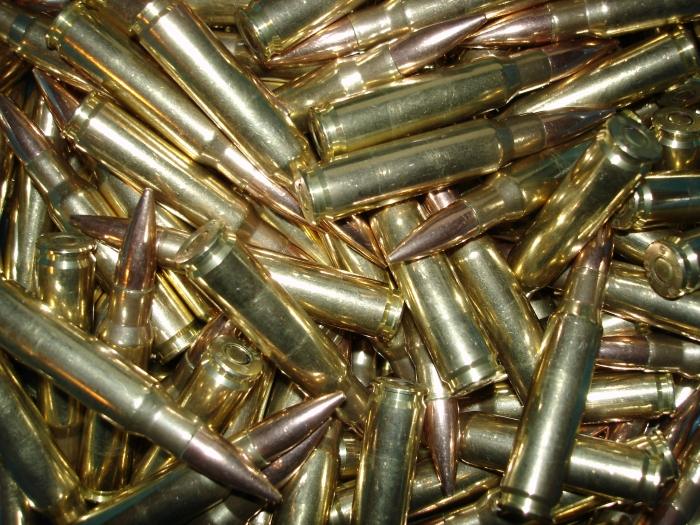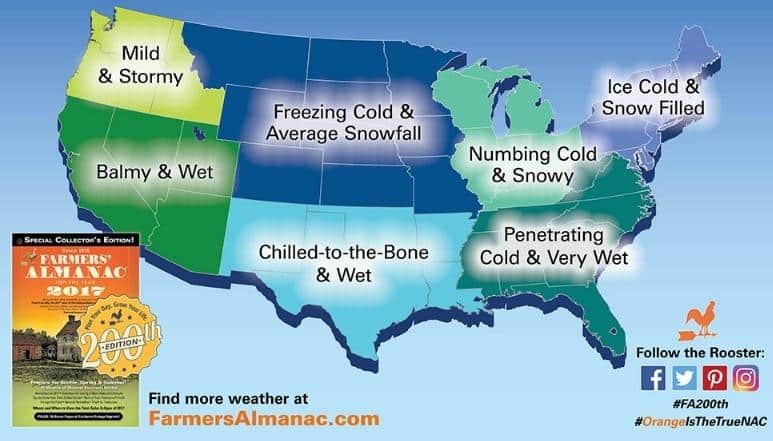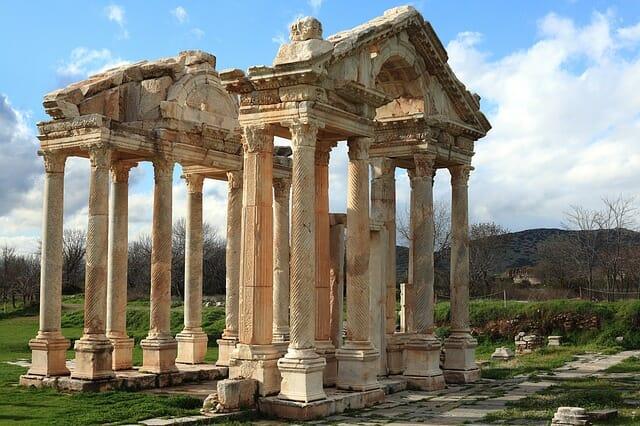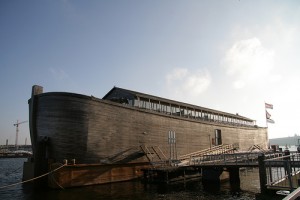 Among many Christians the phrase, “What Would Jesus Do?”; is a catchy way to prick consciences or even simply to resist temptation. It occurred to me while reading Genesis 6 recently that what we should be thinking about today is “What Would Noah Do?” If you remember from the story, Noah recognized and heeded God’s warning. He was able to save himself and his family and provide for their future. For the last 20 years, we have been watching the signs of the impending collapse of our society and economy, but few have responded.
Among many Christians the phrase, “What Would Jesus Do?”; is a catchy way to prick consciences or even simply to resist temptation. It occurred to me while reading Genesis 6 recently that what we should be thinking about today is “What Would Noah Do?” If you remember from the story, Noah recognized and heeded God’s warning. He was able to save himself and his family and provide for their future. For the last 20 years, we have been watching the signs of the impending collapse of our society and economy, but few have responded.
In the 1990s we could clearly see the unsustainability of the growth of government financial commitments, first to welfare programs and later, in the Bush years, to a growth in defense related spending. The inevitability of dramatic increases in oil prices hasn’t influenced public policy or private sector development much, and we’ve now accepted oil prices that are dramatically higher than just a few years ago.
We are now maintaining an empire that stretches over 130 countries (that’s how many places we have a military presence), our national debt is exploding, the largest generation in the history of our country is on the verge of retirement with insufficient savings and our nation is being ravaged by cultural wars.
What makes things worse is that we could have seen this all coming and been prepared. Instead, our personal and government debt is as high as it has ever been. Imagine that… higher than it was during the Depression and the midst of World War II. We’ve come through a generation of abundance in almost every area of our lives, and we’ve failed to prepare properly.
To put things in perspective, just 12 years ago we spent $300 billion a year on defense, today it’s over $900 billion per year. A decade ago our national debt was $5.4 trillion, today it is over $12 trillion and is on pace to double within a decade if the administration doesn’t spend any more money.
That $12 trillion doesn’t count Social Security or Medicare, by the way. The real number is closer to $70 trillion. Over the last 50 years, the average savings rate per family was 6.5%. By 1997 it had dropped to 4%, and by 2005 it was 1%. This is what our rulers wanted, and by driving interest rates down, subsidizing high risk loans and giving deductions and tax advantages to certain corporations they kept the cost of fancy TVs and imported cars low, so Americans would spend instead of saving.
Baby boomers are on the verge of retiring in record numbers. Not surprisingly, they want a little something back after having paid so much into Social Security and Medicare all these years. Unfortunately, there’s nothing to give back, because it has all been spent already. There is no ‘trust’ or ‘lock box’ or anything but a pile of IOUs.
It’s clear our national leaders, governmental or private sector, have not prepared the country for this crisis. We as individuals have also had the opportunity to prepare. So I have some questions for you:
– Did you harvest the crops, fatten the livestock, cut the firewood, stockpile the propane, hoard ammunition and batten down your farmstead?
– Did you deepen your relationships with family and neighbors who would support you during a Crisis?
– Have you ‘played crisis’ by walking through all your plans, trying your food, testing your gear, finding out what works and what doesn’t so you can adjust your plans?
Allow me to use the metaphor of a blizzard on the way. There is no way to delay the blizzard, but you do not know the exact date of the arrival. Your neighbors are more concerned with Tiger Woods’ affair, what will become of Jon and Kate, Oprah’s new plans, and whether or not Obama should bow to every foreign leader. Most liberals are still worried about global warming while the Midwest and east are buried under record snowfalls and many ‘conservatives’ are content with watching a pre-programmed argument on Fox news.
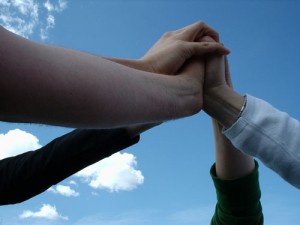 During a time of crisis, virtues become extremely important. I’m talking about faith, trust, reliability, endurance, temperance, frugality and sacrifice. These are things you don’t hear much about any more, even in Church (where only love and forgiveness are in vogue).
During a time of crisis, virtues become extremely important. I’m talking about faith, trust, reliability, endurance, temperance, frugality and sacrifice. These are things you don’t hear much about any more, even in Church (where only love and forgiveness are in vogue).
These virtues got our ancestors through a revolution, a civil war and the great depression. We’re going to need to return to these virtues if we’re going to survive the coming storm. We’re also going to have to adapt to changing community norms, where possible, and if impossible, move. We must bond with others and build personal relationships across socio-economic, religious and ethnic backgrounds. It won’t matter whether your neighbor is a Muslim or a Jew if he has firewood and you have food; you’ll want to work out an exchange.
We’ll have to prepare ourselves and our children for teamwork, because everything will be more difficult in the future. Look at how it is done in the third world today, where multiple generations live in a single household because it takes that many people to spread the work load around. If you don’t have a family, you need to create one, and not online, but in your community. Other single people will need your skills and abilities.
Prepare yourself mentally and emotionally. Things may be, and probably will be, worse than whatever you’ve decided it will be. How will you respond to that? My kids are tired of me saying, “Hope for the best, but plan for the worst,” but I’m going to keep saying it until I find something better to describe the attitude I believe we should all share.
We have had a time of plenty, and as a people we have failed to prepare. As of this moment, there is still time. Don’t delay. If you can’t build an ark, find someone who already has and arrange a trade with them. You’re not going to make it alone in this crisis.


